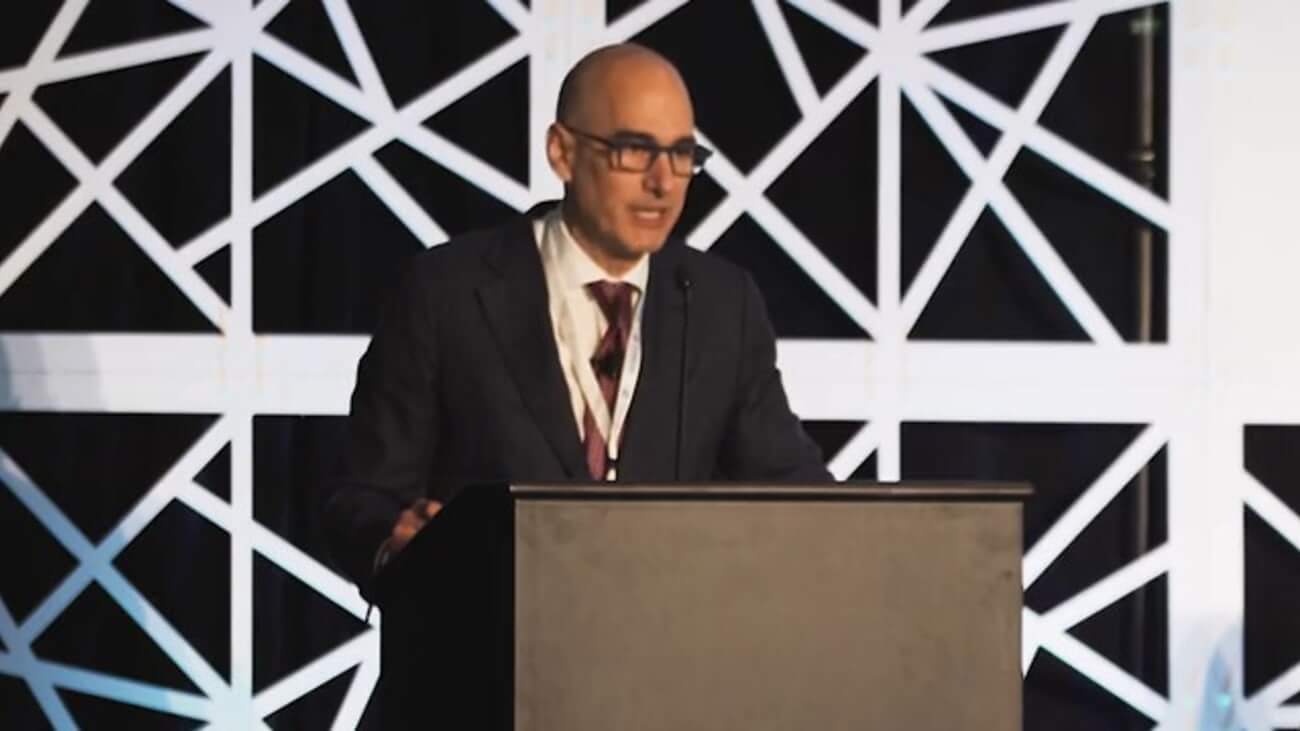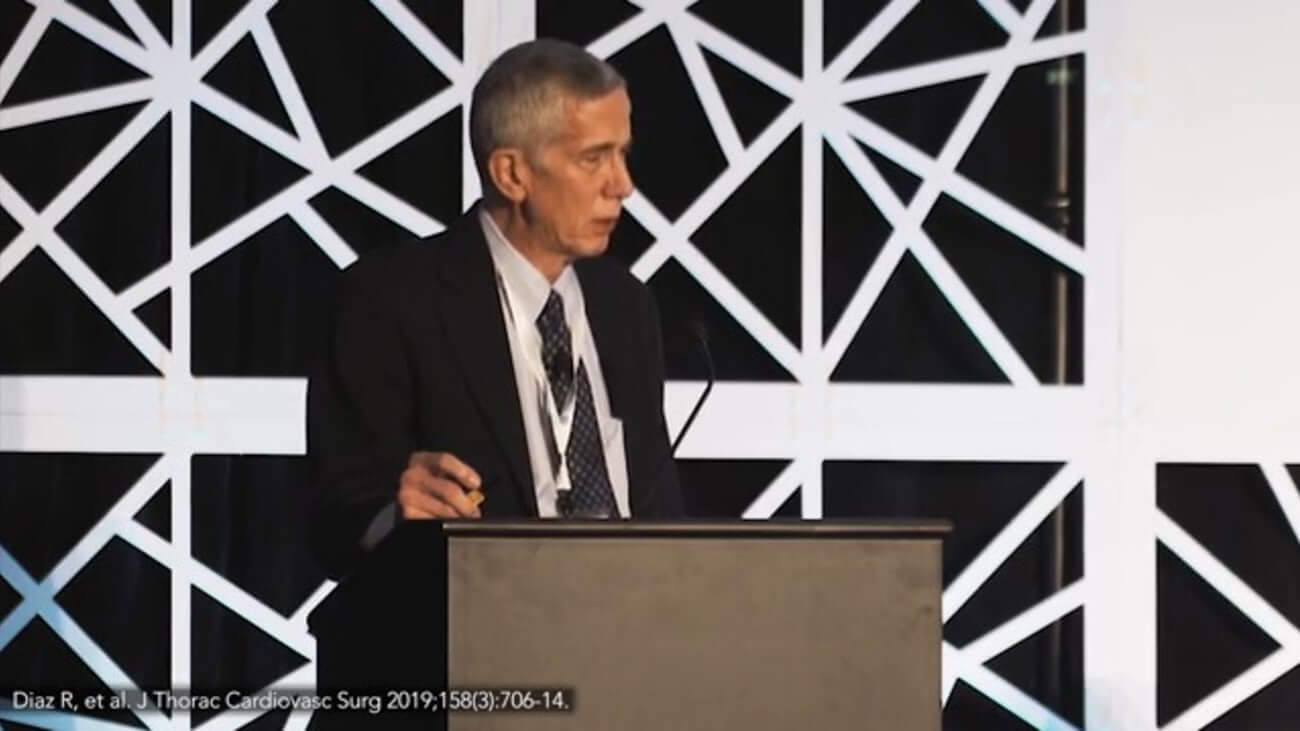Regarding heart valve replacement options, Dr. Mo said there are distinct advantages to both mechanical valves and bioprosthetic, or tissue, valves. However, he pointed out that for many patients, especially those less than 60 years old, a mechanical valve offers a greater probability of having only one heart valve operation in the patient’s lifetime.
“The real challenge with tissue valves over time is they tend to deteriorate,” Dr. Mo said. “The likelihood for reoperation with a tissue valve is much higher, so, … the younger a patient is, the more likely they’re going to have at least one re-do operation in their lifetime and perhaps more.”
Avoiding an additional heart surgery in the future is an important factor for patients to consider when deciding on the type of valve they want.
“I think anyone that is contemplating open heart surgery is going to view that surgery as perhaps the greatest medical challenge they’ll have to overcome in their lifetime,” he said. “It’s a very intense operative experience, with a real intense commitment to post-operative recovery, rehabilitation and conditioning. So the amount of effort that a patient expends both physically and emotionally is quite great. I’m certain, at least through understanding of our patients over my practice history, the preference is always to try to have one operation if at all possible.”
One of the benefits typically attributed to tissue valves is that there may not be a necessity for blood thinner medication (e.g., warfarin), as opposed to a mechanical valve, which requires lifelong anticoagulation therapy.1 However, this is not necessarily always true, Dr. Mo said.
“What we’ve learned through studying patients over a long period of time is that many folks who undergo tissue valve replacements eventually require a blood thinning necessity for the use of warfarin,” he said. 4 “So, [a tissue valve not requiring blood thinners] is sometimes perceived as a benefit, but in fact, ends up perhaps not over their lifetime maintaining that potential benefit.”
Please Note:
The views expressed during this presentation are the speaker’s own and do not necessarily reflect those of Artivion, the speaker’s employer, organization, committee or other group or individual. Unattributed data, device selection, and procedural guidance is a matter of physician preference are presented on the basis of the individual speaker’s observations and experiences and should be treated accordingly. Federal law restricts the devices discussed herein to sale by or on the order of a physician. Refer to the Instructions for Use and other product insert documentation that accompanies each of these devices for indications, contraindications, warnings, precautions, possible complications, and instructions for use.
On-X® Prosthetic Heart Valve – Instructions For Use
Products not available in all markets. The content of this presentation, including any copyrightable content included herein, is used with permission from the speaker. All products and indications are not available/approved in all markets. All trademarks are owned by Artivion, Inc. or its subsidiaries. On-X Life Technologies, Inc., Jotec GmbH, and Ascyrus Medical GmbH are wholly owned subsidiaries of Artivion, Inc. . © 2023 Artivion, Inc. All rights reserved.
Related Videos

Dr. Mohankrishnan Sathyamoorthy – On-X Aortic Valve Advantages
One of the concerns patients sometimes have when considering mechanical valves is the required use of lifelong blood thinner medication…

Dr. Mohankrishnan Sathyamoorthy – Valve in Valve: Know the facts
While other types of heart valve procedures continue to evolve, Dr. Mo said many of these new approaches, such as…


